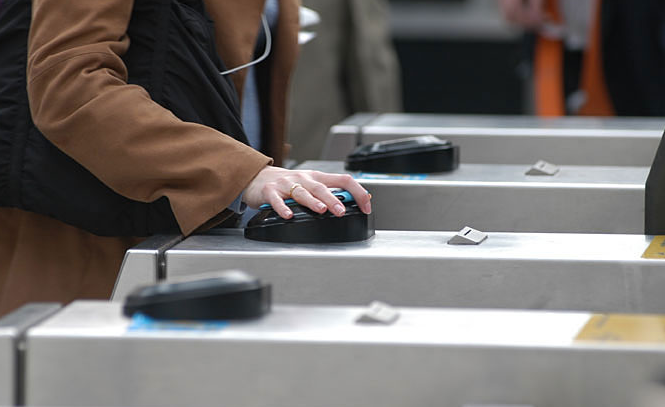China Travel Innovations
In China, the technology used in travel is constantly evolving. From NFC technology to QR codes, to Virtual reality, there are many innovations being developed to make your trip even more enjoyable. These innovations are likely to change the way you travel in the country and bring you closer to the people and places you love. Listed below are some of these technologies.
NFC technology
NFC technology is becoming an increasingly popular technology in China, and some companies have begun to experiment with the technology. Google, for example, has hired a senior manager to lead its mobile division, and China’s version of Foursquare is testing NFC check-in stickers. While it is difficult to predict how the technology will evolve, some researchers believe that it could help make travel safer and more convenient in China.
NFC technology can also be used to validate travel fares. It can be used for transportation payments, as well as to monitor urban transport networks. In addition, it can help reduce direct contact with the COVID-19 pandemic by providing primary information on public transport. This paper explores the use of automated NFC fare validation in China’s public transportation systems.
China Telecom, the third largest mobile operator in China, announced a partnership with multiple banks to create an NFC-enabled mobile wallet. The wallet would allow users to load fuel cards, coupons, and membership cards onto their mobile phone. By 2014, China Telecom will release 40 NFC-compatible phones. The US mobile carrier Verizon Wireless and AT&T also launched a mobile payment system called Softcard, which focuses on in-store payments.
QR codes
China is using QR codes to track health conditions and travel restrictions. These bar-codes can be read by mobile phones. Since February, China has been using traffic-light-style health codes to monitor travellers. Those with green codes can travel freely, while those with red codes must spend up to two weeks in quarantine. These codes use big data and user information to track travelers’ health status. The codes were developed by Ant Financial, and are accessible through the company’s Alipay app. Its competitors Tencent and WeChat use the same technology for social networking applications.
To use the system, travelers must first register online. To do this, citizens must fill out a sign-up form that asks them about their personal details, including their travel history and any previous contact with patients who had the Covid-19 virus. They must also indicate whether they have experienced any of the symptoms of the illness, such as fever, fatigue, dry cough, stuffy nose, or diarrhoea.
Virtual reality
The booming luxury travel market in China is seeing new VR innovations emerge in the local entertainment industry. The country’s VR content platforms are popping up, including private and official marketing content. In addition to gaming, VR film content platforms are able to offer immersive experiences. For example, one VR film platform serves VR footage from popular international travel destinations such as the Red Light District in Bangkok. Users can also interact with the film by identifying clues and completing tasks while watching.
While these technologies are still relatively new, they are already seeing significant investment and growth. VR platforms are providing destination marketers with an opportunity to target affluent, young and tech-savvy Chinese consumers. This technology is also helping to create genuine excitement about travel and tourism.

Rebecca Flynn is a journalist dedicated to delivering timely and insightful news coverage. She specializes in reporting on current events, cultural trends, and global developments, aiming to provide readers with clear, balanced, and engaging content.

